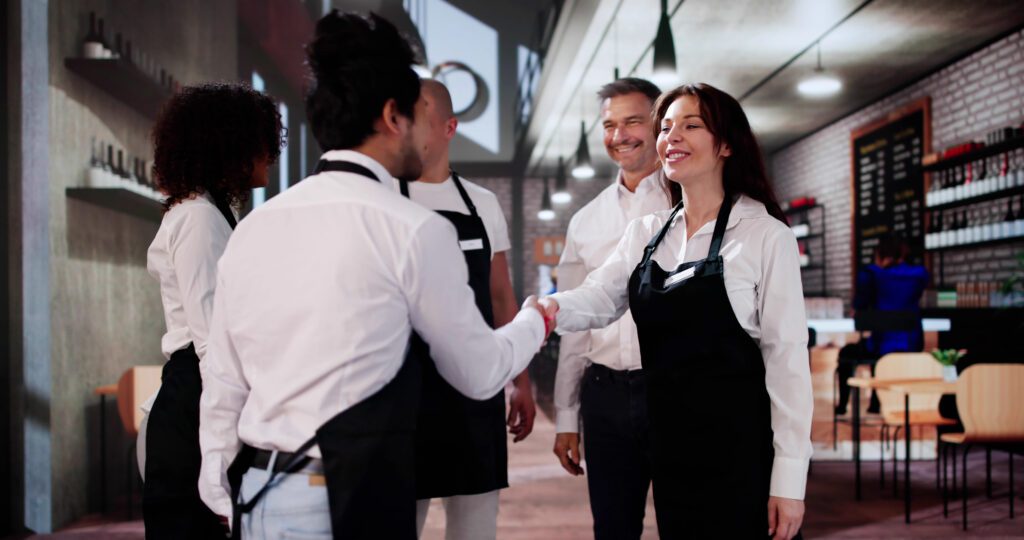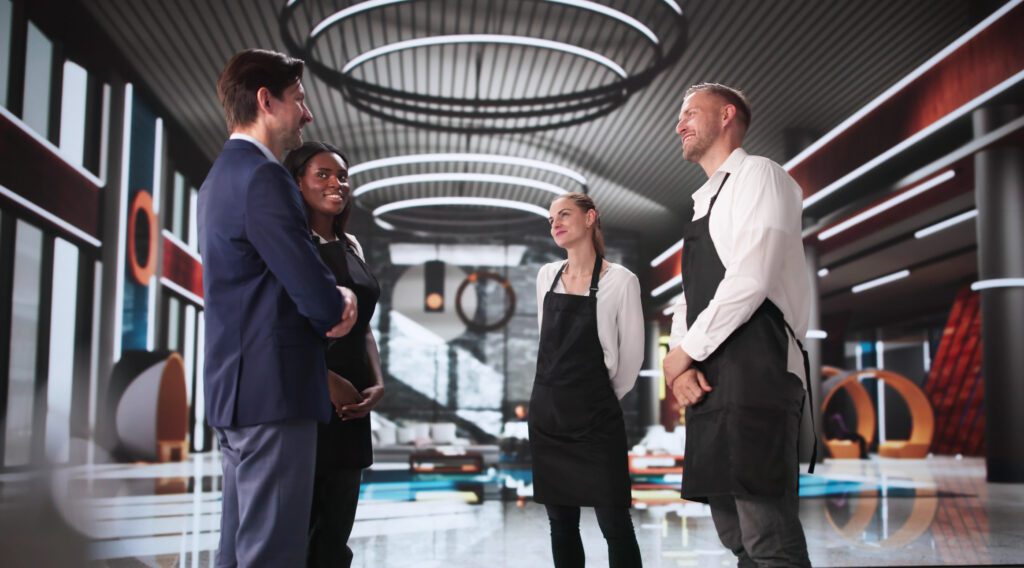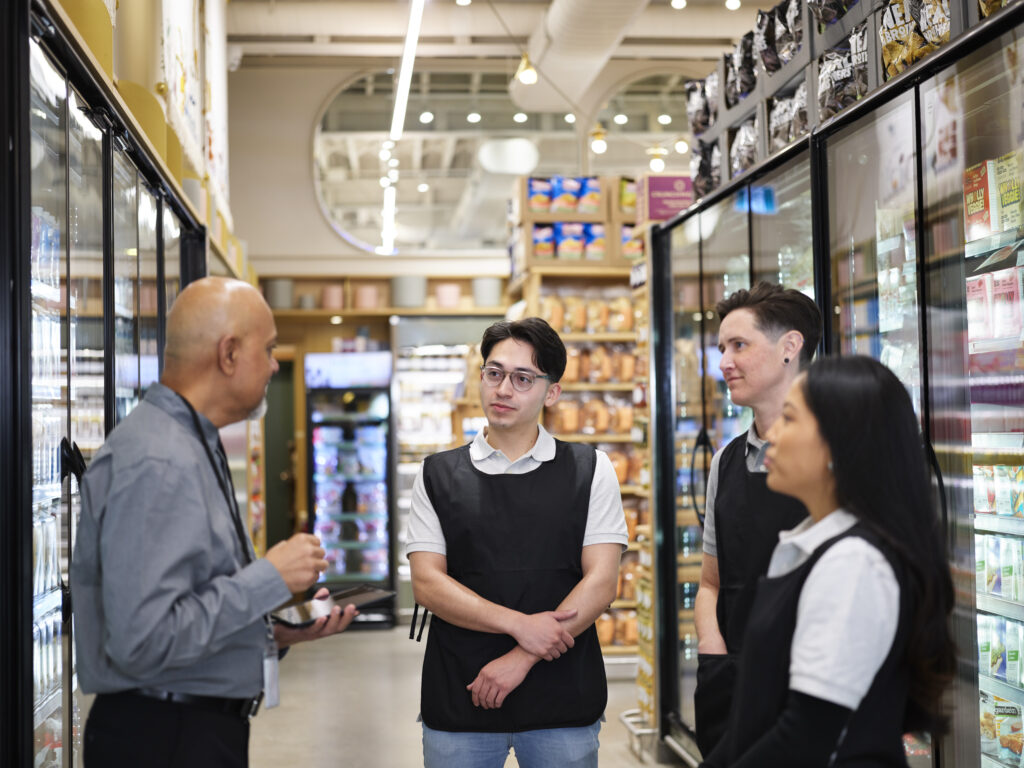
Axonify Blog
Your source for stories, news and research on building a frontline workforce that’s ready for anything.
Featured Posts

How to build a winning retail execution strategy (that actually delivers results)

The cost of doing nothing: How inaction drains frontline performance

Sales Per Man Hour (SPMH): The performance metric you’re overlooking

How to measure and reduce time-to-proficiency across the frontline

Competency assessment: A smarter way to build readiness and performance

Axonify’s Fast Track: Get your deskless workers job-ready 4X faster
All Posts


The cost of doing nothing: How inaction drains frontline performance

Sales Per Man Hour (SPMH): The performance metric you’re overlooking

How to measure and reduce time-to-proficiency across the frontline

Competency assessment: A smarter way to build readiness and performance














